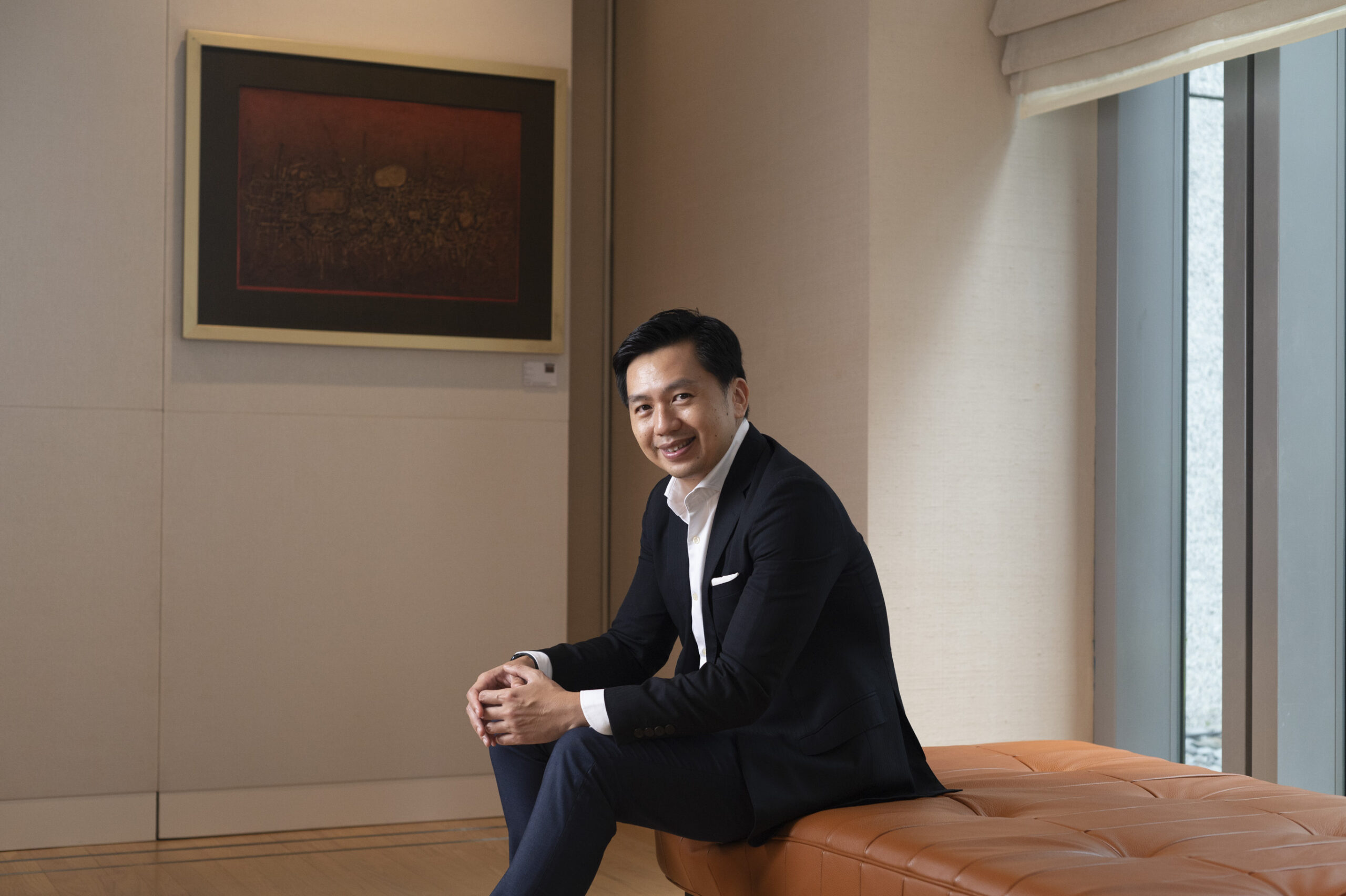UOB invests in employee development to drive future success
- Josephine Tan

“Reskilling and upskilling are no longer nice-to-haves; they are essential for staying relevant.” – Dean Tong, Head, Group Human Resources, UOB
In a rapidly changing workplace shaped by technological advancements and shifting customer expectations, staying relevant has never been more crucial for employees. Dean Tong, Head, Group Human Resources, UOB, emphasised this necessity, and told HRM Asia, “Reskilling and upskilling are no longer nice-to-haves; they are essential for staying relevant.”
As UOB embarks on its transformation journey, Tong has witnessed firsthand the importance of ensuring employees are equipped with the skills needed to navigate this evolving landscape.
UOB’s commitment to workforce development is exemplified through its innovative Better U initiative, a comprehensive reskilling programme designed to promote lifelong employability among its employees. Tong noted that this initiative is a “game-changer” because it goes beyond merely offering courses; it aims to embed learning into the organisation’s work culture.
“Through this programme, we focus on five core competencies—data storytelling, digital awareness, human-centred design, problem-solving skills, and a growth mindset,” he explained. By concentrating on these competencies, UOB is laying a solid foundation for employees to adapt to new roles and challenges, ensuring they remain future-ready.
A crucial aspect of this initiative is the Better U Pivot Programme, which will select up to 500 employees in operations and administrative roles over the next two years to participate in a structured 12-month training programme. “This approach ensures that we are not just filling immediate skill gaps, but preparing our employees for long-term growth,” Tong emphasised. Participants will receive on-the-job training paired with mentorship from experienced coaches and hiring managers, allowing them to transition smoothly into new roles within growth areas identified by the bank, including risk and compliance, and sales and customer experience.
In an age where workplace transformation is critical, Tong insisted that “creating an environment where continuous learning is encouraged and supported is key.” UOB’s strategy illustrates how proactive reskilling can benefit both the employees and the organisation. As Tong explained, the emphasis is on aligning the learning journey with actual job roles, providing employees with “psychological safety” to learn and grow without the fear of failure.
The pilot programme, launched in 2021, serves as a testament to the effectiveness of UOB’s approach. All four participants successfully transitioned into their new roles, with one even achieving a promotion shortly thereafter. This success story reflects UOB’s commitment to not only developing skills but also nurturing talent within the organisation.
READ MORE: UOB enhances employee experience with one unified HR platform
Additionally, UOB has taken a significant step forward by launching the Artificial Intelligence and Data Analytics Centre of Excellence (Aida COE) in partnership with the Infocomm Media Development Authority and the National University of Singapore (NUS). This initiative aims to accelerate the development of professionals with AI and data analytics skills tailored for the finance sector.
“Much has been said about reskilling. Conceptually, it sounds good. But there are practical challenges,” Wee Ee Cheong, Deputy Chairman and CEO of UOB, acknowledged, highlighting the need for commitment from all stakeholders to make these initiatives successful.
UOB’s holistic approach to reskilling and upskilling aligns with Minister of Manpower of Singapore Tan See Leng’s assertion that “business transformation must go hand-in-hand with workforce transformation.” By prioritising continuous learning and adapting to the ever-changing demands of the industry, UOB is paving the way for a resilient and future-ready workforce. As Tong aptly puts it, “This mindset ensures that both individuals and the bank are well-positioned for future success.”
For more news and analysis on the latest HR and workforce trends in Asia, subscribe to HRM Asia and be part of the region’s largest HR community!






